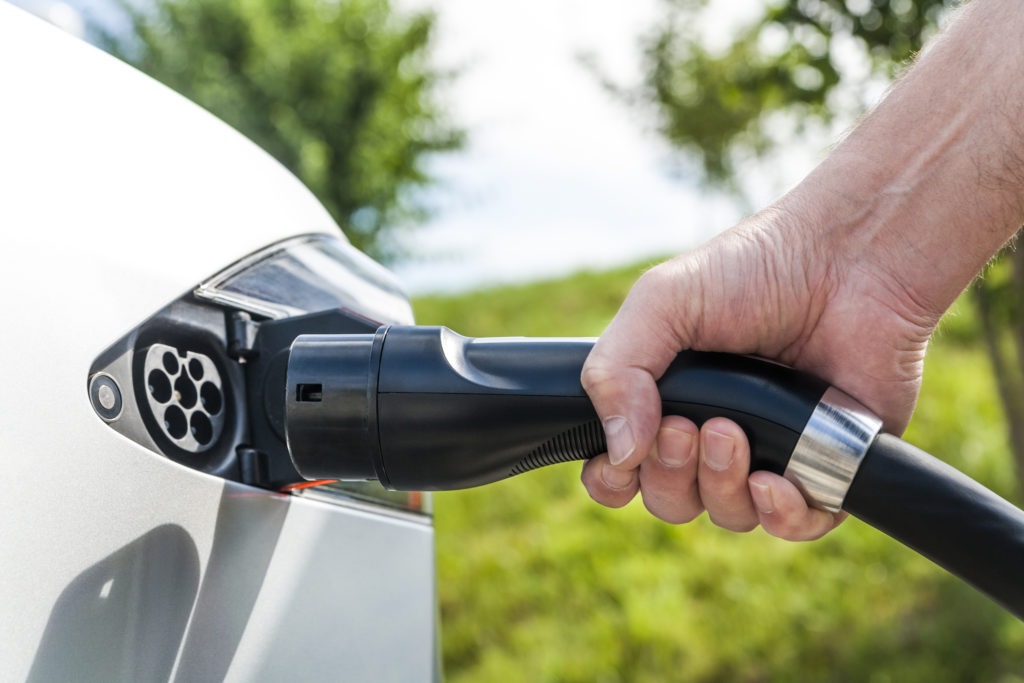VW adds to EV plans while Dacia moves into market
13 July 2017

13 July 2017
The electrification of the automotive market continues at a pace as Volkswagen (VW) announces further additions to its upcoming electric vehicle (EV) brand, and budget brand Dacia makes its own strides into the waters.
VW’s head of experimental marketing, Greg Lucia, highlighted that the German manufacturer will be producing two sedans under the I.D. line up of electric vehicles while speaking to journalists at an event in Indianapolis. This would be in addition to the I.D. Crozz (a crossover model), the I.D. Buzz (a microbus based on the classic Transporter bus) and the initial vehicle in the range, the I.D. (an electric hatchback).
VW’s EV brand is based on the MEB platform, a dedicated electric vehicle base which will underpin a number of cars produced by manufacturers within the Volkswagen Group, including Audi, Skoda and SEAT. This was first seen at the Paris Motorshow in 2016. VW has promised that the I.D. range will grow to include 30 electric or electrified vehicles by 2025.
Meanwhile Dacia, the budget brand of Renault, has announced plans for its first foray into the EV market. The company has already added liquid petroleum gas (LPG) as an option for customers in France, where a ban on internal combustion engines is due to take place in 2040.
Speaking to the Romanian publication Digi 24, Hakim Boutehra, commercial director of Renault Romania, commented: ′The biggest trend in the automotive industry around the world is to have more connectivity, more electric cars, and more autonomous cars. Dacia is part of this transformation for the future. The year 2040 is far away, but not all that distant, so we have plans for Dacia in these directions.’
A move into the EV market by Dacia could prove interesting given the company’s ′low-cost’ mantra. While vehicle manufacturers are working to bring the cost of electric vehicle technology, namely batteries and motors, down, in order to achieve total cost of ownership (TCO) parity, a Dacia model may offer limited options to keep the price down. It is not known whether any EV the company builds will be based on the Sandero or Duster models, or whether it will offer a battery lease policy similar to that run by parent company Renault. However, with experience in EV technology through its ZOE model, it is likely that the French manufacturer will share information in order to keep production costs down.
The news comes as Volvo announces that by 2019 it will have phased the traditional combustion engine out of its range, in favour of hybrid or fully electric models. With companies such as Honda, Fiat Chrysler Automobiles (FCA) investing in EV strategies, and Nissan launching an updated Leaf later in 2017, the latest news is a clear indication that manufacturers are looking to electric power in order to meet strict emission standards.